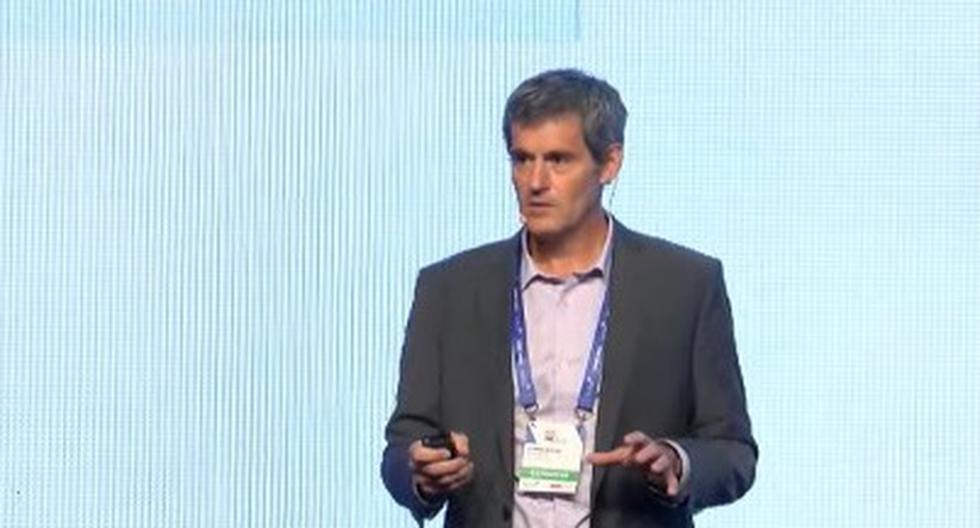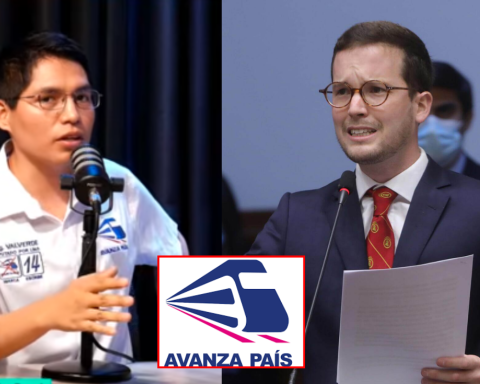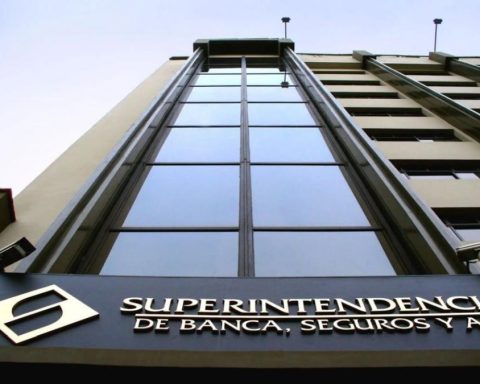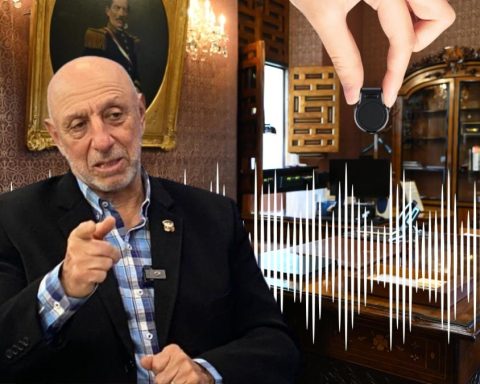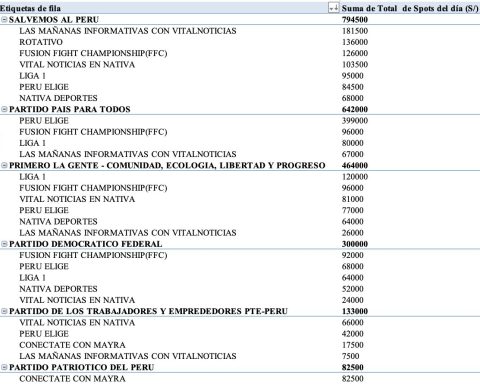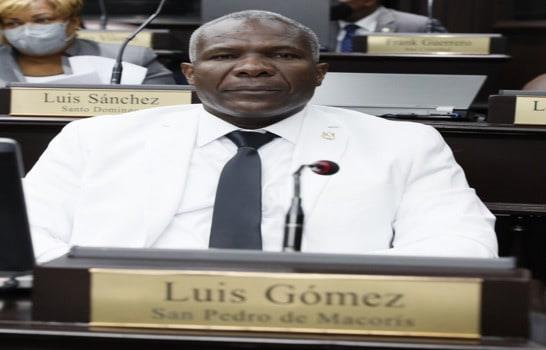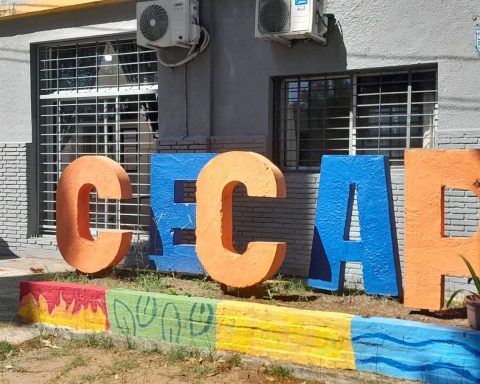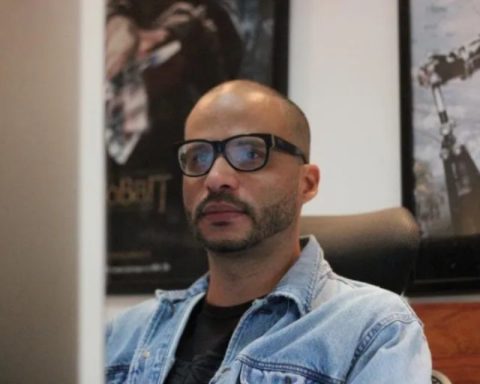During the second day of conferences at the 60th edition of CADE Executives 2022, which has been taking place in Paracas (Ica), Juan Carlos Eichholz, founding partner of CLA Consulting, spoke about Leadership for development, from the business sector.
The session began with the leadership of Mariela García de Fabbri, business director of Ferreycorp, who initially spoke about the expectations that citizens have and that are not met.
“People today who are increasingly informed and empowered go out to claim and demand from leaders, from leaders who are in the Government but also from business leaders, they demand from all those people who citizens believe can help them“, held.
For his part, Juan Carlos Eichholz initially mentioned his relationship with the country and the development he perceived in Peru during the 1970s.There were department stores, sleeves at the airport, the Vía Expresa, all those things that were not seen in Chile at that time. For me, Peru was a country that was ahead of Chile in terms of development”, he narrowed down.
The Chilean businessman mentioned the last CADE he attended in 2019 and in reference to it he mentioned the changes that have taken place until then, “You have a new leftist and troubled president just like us.”
He also indicated that the various political and social scenarios have had an impact on the economy. “Many things have happened in these three years from a political and business point of view, of course the pandemic as a relevant factor, we are clearly in difficult times from an economic point of view”.
At another time, Eichholz spoke about the measurement of Peru’s progress, showing an indicator carried out by IPAE since 2010, which takes into account 4 fundamental pillars, solid institutionality; Quality education; Equal opportunities and sustainable and inclusive economic growth.
According to the exposed data, the country presents a very strong fall during the last three years. “A Peru not only in emergency, a Peru in crisis”, said the businessman.
For Juan Carlos Eichholz, crises demand authority and a lot of leadership. However, taking into account diverse backgrounds at the global level, not much can be expected from the authorities to come out of the crisis. And, on the other hand, there is an increasingly empowered and frustrated citizenry because they are not given solutions, on the contrary, they have distrust and are not willing to give power to politicians or businessmen.
To think that the authorities will solve the problems we have is a fallacy, given this, he pointed out that there is an enormous need for leadership in times of change. “In this, the challenges we have and the crises we must face are put at the center. Around them should be diverse groups of people, with different histories, expectations and interestsEichholz noted.
He also mentioned that the fundamental role of entrepreneurs is to make visible and aware of the new business leadership that is required and the adaptations that have to be made so that they are the ones who lead countries towards development, particularly in a context of crisis. political, social and economic.
Another issue addressed by the speaker was the trust of citizens in business leaders. To do this, he made a comparison between Peru and Chile. According to a study by Ipsos, in Peru there is 26% trust in business leaders, above the world average, much higher than Chile, which reaches 14%.
“There is a possibility from the business sector to promote large agreements that benefit the country and not put all the responsibility on the political authorities”, he highlighted.
:quality(75)/cloudfront-us-east-1.images.arcpublishing.com/elcomercio/PO4WSNOOP5CUJAZHEQRHNZBOZE.jpg)
Referring to the basis of a dialogue to reach effective agreements, he highlighted proposals that are based, first, on the need to listen and understand where the other is speaking from. And, second, in assuming short-term losses.
Finally, he touched on the issue of corruption, on which he recommended that businessmen build spaces of trust. “When we talk about corruption we normally refer to the State, but most of the time this involves an agreement with the private sector. Voices are needed within the business community itself denouncing businessmen who fall into corruption. Criticizing the Government is easy, criticizing one’s own is that it is difficult”, he pointed out.
RECOMMENDED VIDEO
:quality(75)/cdn.jwplayer.com/v2/media/YErWTZbV/poster.jpg)
